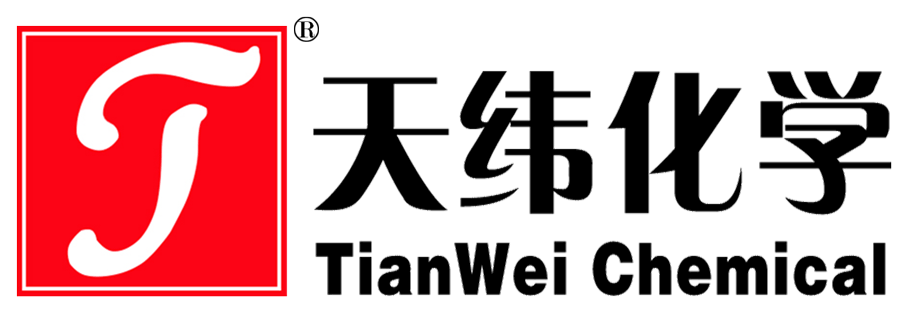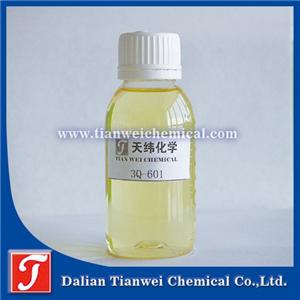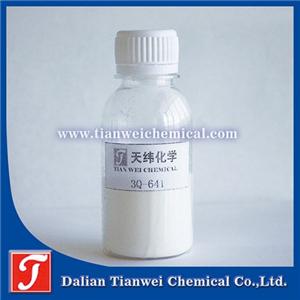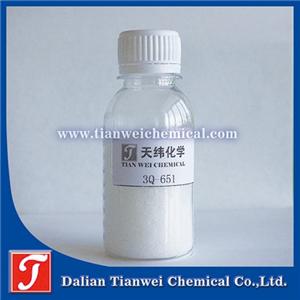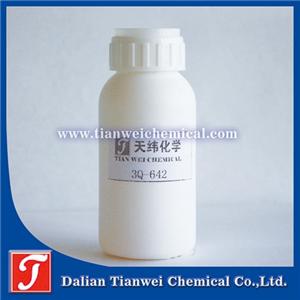The rationality of proper use of preservatives
When it comes to preservatives, people often think that they are harmful, but in fact, they are safe to use and have no side effects on the human body. There are strict regulations on the use of preservative in our country. Let's learn what preservatives do, how they work, and how to use them correctly.
Preservatives: Preservatives are mainly used to inhibit the growth and reproduction of microorganisms, so as to prolong the preservation time of food and inhibit the decay of substances. Food preservatives can inhibit microbial activity, prevent food spoilage, thus extending the shelf life of food. The vast majority of beverages and packaged foods want to preserve for a long time, often need to add food preservatives. Preservatives are food additives for the purpose of maintaining the original quality and nutritional value of food, which can inhibit microbial activity, prevent food spoilage and prolong the shelf life. The required preservatives include 25 types of benzoic acid, sodium benzoate, sorbate, potassium sorbate, and calcium propionate.
Preservative principle: one is to interfere with microbial enzyme system, destroy their normal metabolism, inhibit enzyme activity. The other is to coagulate and denature microbial proteins, interfering with their survival and reproduction. The third is to change the permeability of the serous membrane, inhibit the elimination of enzymes and metabolites in the body, leading to its inactivation.
The use of preservatives: when it comes to preservatives, people tend to think that they are harmful, but in fact, they have no toxic side effects on human body within the range of safe use. There are strict rules for the use of preservative in our country. The preservative should conform to the following standards:
1. Reasonable use is harmless to human body;
2. It does not affect the flora of digestive tract;
3. It can be degraded into normal components of food in the digestive tract;
4. Do not affect the use of antibiotics; 5. No harmful ingredients are produced during heat treatment of food. So far, 32 kinds of food preservatives have been approved, among which sodium benzoate and potassium sorbate are the most commonly used.
Sodium benzoate is more toxic than potassium sorbate, and at the same acidity value is only 1/3 of the antibacterial effect of sorbate, so many countries gradually use potassium sorbate. But because of the low price of sodium benzoate, it is still widely used in China, mainly for carbonated drinks and fruit drinks. Potassium sorbate has strong antibacterial activity and low toxicity. It can participate in normal metabolism of human body and be converted into CO2 and water. In view of the development trend of preservatives, biological preservatives based on biological fermentation will become the future development trend.
There is no doubt that preservatives can delay the decay of food and keep the nutritional value of food from being lost so quickly. We should use preservatives rationally in strict accordance with the regulations on the use of preservatives, which requires national regulation, the consciousness of businesses and the supervision of our consumers.
